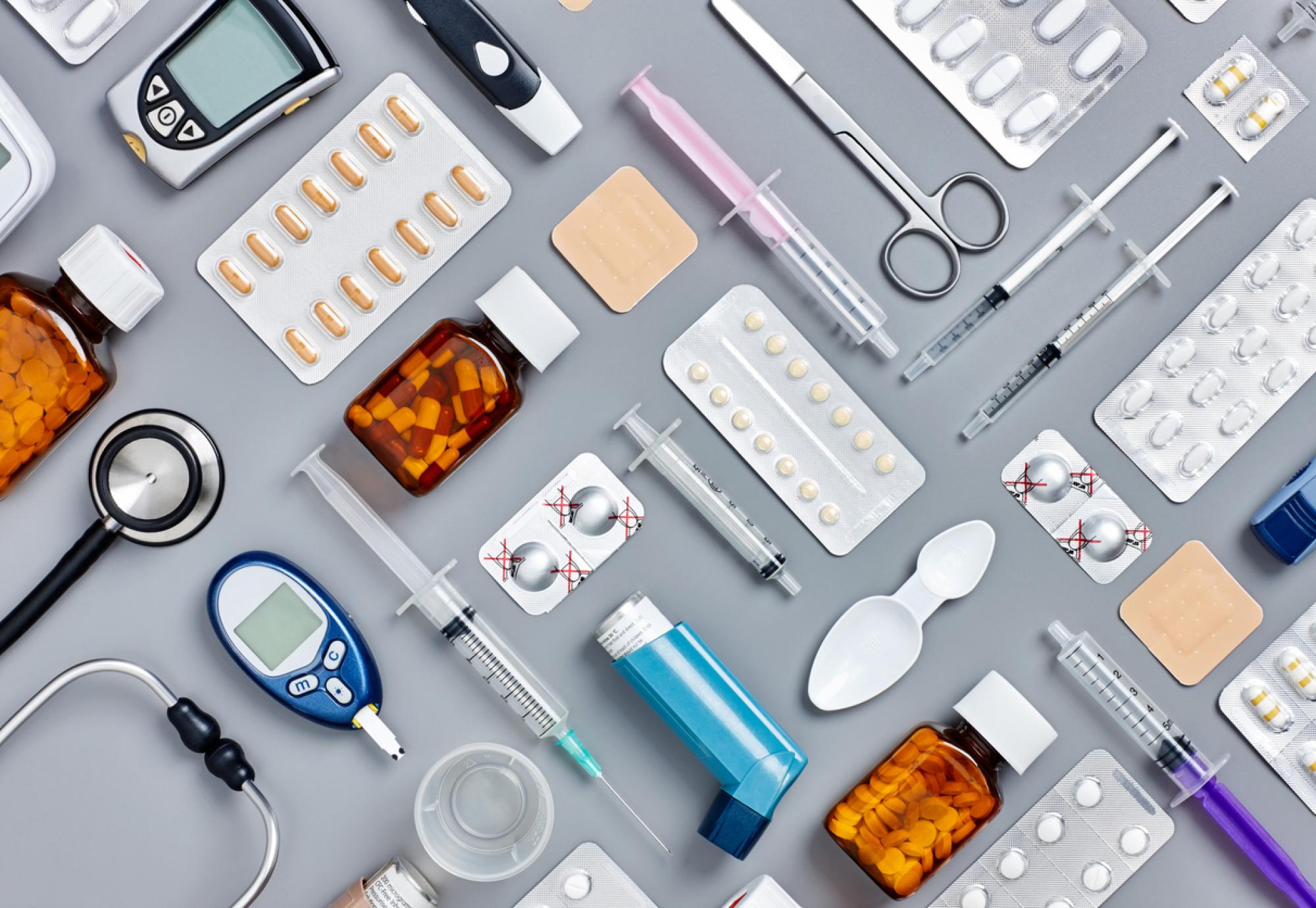The Government are seeking expert insight on the potential racial and gender bias of medical devices, in a new call for evidence launched to improve the quality of NHS healthcare.
The call for evidence will form part of an independent review on equity in medical devices, led by Professor Dame Margaret Whitehead, which is aiming to weed out, and eradicate, any biases against patients of different genders, ethnicities, or other socio-demographic groups.
The evidence-call will be open for eight weeks and will glean information from those most familiar with medical devices like infrared scanners or oxygen measuring devices, such as engineers, designers, researchers, and other health professionals.
The enquiry will look at a device’s entire life cycle – from investigating the evaluation process all the way to marketing and implementation.
For example, devices that employ infrared light could run into issues with patients with a darker skin pigmentation, meaning the testing of such devices hasn’t included a diverse range of participants and has subsequently contributed to an unnecessary and avoidable health disparity.
The independent review, and the call for evidence that will inform it, will hopefully reduce the possibility of such oversights further exacerbating already existing health inequalities, and ultimately improve the standard of healthcare across the country.
Health Minister, Gillian Keegan, said: “I am committed to ensuring all patients receive high-quality, innovative healthcare without discrimination.
“The independent review is part of our vital work to tackle healthcare inequalities, and I invite the industry to share their expertise in the call for evidence so we can ensure medical devices are free of any form of bias.”
Research has suggested that some medical devices are failing to account for certain differences pertaining to an individual’s ethnic background, gender or disability, and whilst the UK has clear regulations on the expectations on medical devices, there are currently no provisions ensuring that the devices work equally well across different parts of the population.
The review will take into consideration the way in which current and any future regulations could address any biases that occur during any stage of a medical device’s life cycle – from design to active use in the industry.
Professor Dame Margaret Whitehead, chair of the independent review, said: “We aim to establish where and how potential ethnic and other unfair biases may arise in the design and use of medical devices, and what can be done to make improvements.
“We especially encourage health, technology and industry experts and researchers to share their views and any evidence concerning medical devices in order to help us tackle inequalities in healthcare.”
The review is open to everyone with interim results of the review expected late this year, and the full report scheduled to be published in the spring of next year.



















